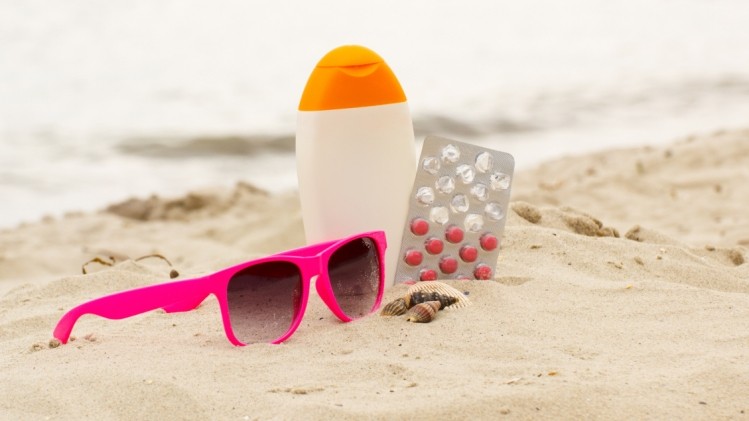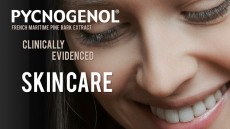Screening for truth: Aussie regulators and experts flag dubious claims about 'sunscreen supplements'

Sunscreen pills appeared on the market sometime last year, and their makers claim they are able to protect consumers from UV rays and sun damage, implying they are suitable substitutes for the traditional cream, gel and liquid sunscreen formats.
The pills are marketed as rich in antioxidants and natural plant extracts that "protect skin from excessive sun exposure and its harmful effects" and "help limit the damage caused by the sun's rays".
Other claims include the reduction of inflammation and prevention of premature skin ageing.
Regulatory red flag
At present, several US-based brands of sunscreen pills are sold in Australia on vitamin websites, though none of these products are listed on the Therapeutic Goods Administration's (TGA) ARTG (Australian Register of Therapeutic Goods).
In fact, one of the brands had already been flagged in May 2018 by the US FDA for allegedly making 'misleading' claims, with FDA commissioner Scott Gottlieb saying the manufacturers of sunscreen pills were risking consumers' health by giving them a "false sense of security".
The companies involved were ordered to rectify any misleading information on their websites and product labels so as to avoid running afoul of federal law, and have reportedly complied with these directions.
A TGA spokesperson said that while all supplements and medicines sold in Australia, including sunscreen, were "rigorously monitored for safety", such products sold on the Internet may not be subject to similar levels of quality control, and could even contain "little or no active ingredients, or ingredients different to those advertised".
Screening for truth
In addition to these regulatory measures, experts have disputed the claims made by sunscreen pill makers and strongly advised consumers to rely on traditional sunscreen for sufficient UV protection.
For added assurance, Australian Cancer Council spokeswoman Justine Osborne advised consumers to purchase only Australian-made sunscreen products.
Due to the country’s strict standards and regulations, she said, buyers can be sure that locally made products — which bear an Australian licence number — are safe to use.
Cancer Council CEO, Professor Sanchia Aranda, told NutraIngredients-Asia: "It is important to understand that sunscreen pills are not a sunscreen as we understand it. The focus is on increasing the body's ability to counteract the effects of UV radiation.
"Without longitudinal studies, it is very dangerous to consider these pills in the same category as sunscreen. Some sunscreen pill sites also argue that a tan is a natural defence against UV rays — this is completely false. Tanning is a sign of sun damage and will increase your risk of skin cancer even if no sunburn occurs."
She added that as sunburns cause 95% of melanomas, the deadliest form of skin cancer, any product falsely marketed as a sunscreen "is potentially harmful as it puts consumers at risk of sunburn and excess UV exposure".
In terms of what to look for when selecting an actual sunscreen product, she said, "The important thing is to make sure it's TGA-approved — this means it would have been tested to Australian standards.
"You should also make sure it's SPF30 or higher, broad-spectrum and water-resistant if you are swimming, perspiring, or towel-drying. To get the right level of protection, you also need to make sure you apply it correctly.
"It should be applied 20 minutes before you go outside and re-applied every two hours, or after swimming or towel-drying."


















